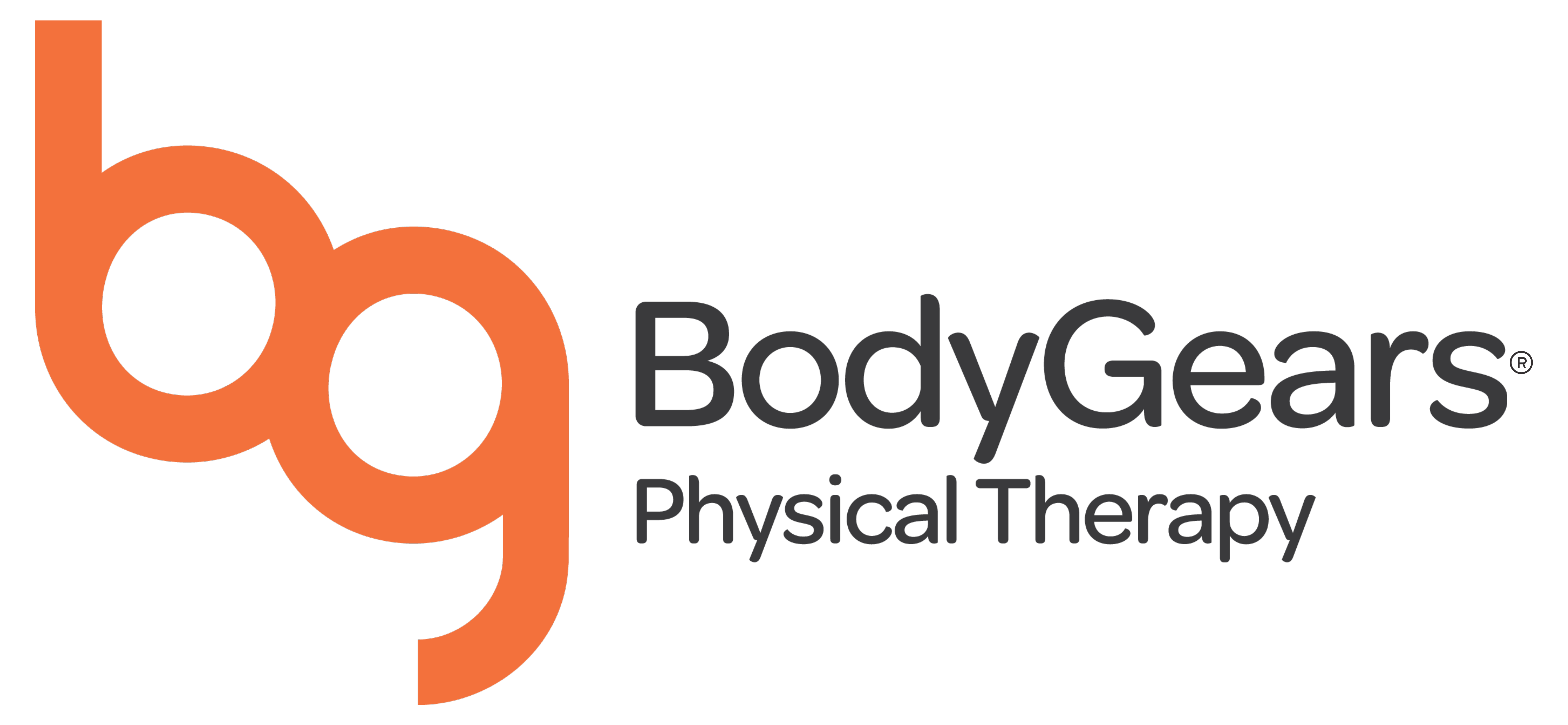THIS NOTICE DESCRIBES HOW MEDICAL INFORMATION ABOUT YOU MAY BE USED
AND DISCLOSED AND HOW YOU CAN GET ACCESS TO THIS INFORMATION. PLEASE
REVIEW IT CAREFULLY.
This Notice of Privacy Practices describes how CORA Health Services, Inc., and the members of its Affiliated Covered Entity (collectively the “CORA Physical Therapy Affiliated Covered Entity” or “CORA”) may use and disclose your protected health information to carry our treatment, payment, or health care operations and for other purposes that are permitted or required by law. An affiliated covered entity is a group of health care providers under common ownership or control that designates itself as a single entity for purposes of compliance with the Health Insurance Portability and Accountability Act (“HIPAA”). The members of the CORA Physical Therapy Affiliated Covered Entity will share protected health information with each other for the treatment, payment, and health care operations of the CORA Physical Therapy Affiliated Covered Entity and as permitted by HIPAA and this Notice of Privacy Practices. For a complete list of the members of the CORA Physical Therapy Affiliated Covered Entity, please see below.
Your medical information is the information gathered by your therapists or other caregivers during the time you are being treated by CORA. Your medical information is private, and no one without a legitimate need to know may have access to it. CORA is required by law to maintain the privacy of your health information and to provide you with a notice of its legal duties and privacy practices. CORA will promptly notify affected individuals following a breach of unsecured protected health information.
CORA will not use or disclose your health information except as described in this Notice of Privacy Practices (“Notice”). This Notice applies to all of the medical records generated during your participation in CORA programs and services.
USES AND DISCLOSURES OF PROTECTED HEALTH INFORMATION
The following categories describe the ways that CORA may use and disclose your health information without a specific authorization from you:
Treatment: CORA will use your health information in the provision and coordination of your healthcare. We may disclose all or any portion of your medical record information to your physician, consulting physician(s), nurses and other healthcare providers who have a legitimate need for such information in the care and continued treatment of the patient. For example, your protected health information may be provided to a health care provider to whom you have been referred to ensure the necessary information is accessible to diagnose or treat you.
Payment: CORA may release medical information about you for the purposes of determining coverage, billing, claims management, medical data processing and reimbursement. The information may be released to an insurance company, third-party payor or other entity (or their authorized representatives) involved in the payment of your medical bill and may include copies or excerpts of your medical record that are necessary for payment of your account. For example, a bill sent to a third party payor may include information that identifies you, your diagnosis, the procedures and supplies used.
Health Care Operations: CORA may use or disclose, as needed, your protected health information in order to support the business activities of this office. These activities include, but are not limited to, improving quality of care, providing information about treatment alternatives or other health-related benefits and services, developing or maintaining and supporting computer systems, legal services, and conducting audits and compliance programs, including fraud, waste and abuse investigations.
Business Associates: CORA may use and disclose certain medical information about you to its business associates. A business associate is an individual or entity under contract with CORA to perform or assist CORA in a function or activity that necessitates the use or disclosure of medical information. Examples of business associates include but are not limited to, a copy service used by the Clinic to copy medical records, consultants, independent contractors, accountants, lawyers, medical transcriptionists and third-party billing companies. CORA requires the business associate to protect the confidentiality of your medical information. In addition, CORA requires any subcontractor of CORA’s business associate to protect the confidentiality of your medical information.
Disclosures to Relatives, Close Friends, and Other Caregivers. CORA may use or disclose your medical information to a family member, other relative, a close personal friend, or any other person identified by you when you are present for, or otherwise available prior to, the disclosure, if we (1) obtain your agreement; (2) provide you with the opportunity to object to the disclosure and you do not object; or (3) reasonably infer that you do not object to the disclosure.
If you are not present, or the opportunity to agree or object to a use or disclosure cannot practicably be provided because of your incapacity or an emergency circumstance, we may exercise our professional judgment to determine whether a disclosure is in your best interests. If we disclose information to a family member, other relative or a close personal friend, we would disclose only information that we believe is directly relevant to the person’s involvement with your health care or payment related to your health care. We may also disclose your protected health information in order to notify (or assist in notifying) such persons of your location, general condition or death.
Required by Law: CORA will disclose medical information about you when required to do so by law.
Public Health Activities: CORA may disclose your medical information to public health or legal authorities charged with preventing or controlling disease, injury or disability.
Victims of Abuse, Neglect or Domestic Violence: CORA may disclose your health information to a public health authority that is authorized to receive reports of abuse, neglect, or domestic violence. We may make an effort to obtain your permission before releasing this information, but in some cases may be required or authorized to act without your permission.
Health Oversight, Licensing, Accreditation and Regulatory Activities: CORA may disclose your health information to health oversight agencies authorized to conduct audits, investigations, and inspections of our facility. For example, billing practices may be audited by the State Auditor and records are subject to review by the Secretary of Health and Human Services and his/her authorized representatives.
Judicial or Administrative Proceedings: CORA may disclose your health information if we are ordered to do so by a court or an administrative hearing officer that is handling a lawsuit or other dispute or provided with a valid subpoena.
Disclosures for Law Enforcement Purposes: CORA may disclose your identity to law enforcement. Instances which may result in a disclosure of protected health information to law enforcement include to comply with court orders or assist with ongoing investigations
Coroners, Medical Examiners and Funeral Directors: CORA may disclose protected health information to a coroner, medical examiner or funeral director for the purposes of identifying a deceased person or other duties as authorized by the law.
Organ and Tissue Donation: CORA may share health information about you with organ procurement organizations.
Research: In some instances, CORA can use or share your health information for health research.
To Create and Aggregate De-Identified Data. CORA may use your protected health information to create information that is not individually identifiable health information. Protected health information that is de-identified in accordance with the HIPAA standards is not considered protected health information, and therefore, we may use and disclose your de-identified information for any lawful purpose, including without limitation, for research purposes.
To Avert a Serious and Imminent Threat to Health or Safety: CORA may use or disclose your protected health information when necessary to prevent a serious and imminent threat to your health or safety, or the health or safety or another person or the public.
Specialized Government Functions: If you are an inmate of a correctional institution or under the custody of a law enforcement officer, CORA may release your medical record information to the correctional institution or law enforcement official. CORA may also disclose your medical information as required by military command authorities if you are a member of the armed forced.
Workers’ Compensation: CORA may release medical information about you for workers’ compensation or similar programs that provide benefits for work-related injuries or illnesses.
PATIENT CHOICES
You have the right and choice to tell us which information to share with your family, close friends, or others involved in your care, and if you would like us to share your information in a disaster relief situation.
If you are not able to tell us your preference, for example, if you are unconscious, we may go ahead and share your information if we believe it is in your best interest. We may also share your information when needed to lessen a serious and imminent threat to health or safety.
In the case of fundraising, CORA may contact you for fundraising efforts, but you can tell us not to contact you again.
Except for the situations and exceptions described in this Notice, we will need to obtain your written authorization before using or disclosing your protected health information for other purposes. For example, except as otherwise set forth under State and Federal law, we must obtain your written authorization for most uses or disclosures of any psychotherapy notes related to you, for the use or disclosure of your protected health information for marketing purposes, or for the sale of your protected health information.
PATIENT INFORMATION RIGHTS
Although all records concerning your treatment obtained at CORA are the property of CORA, you have the following rights concerning your medical information:
Right to Confidential Communications: You have the right to receive confidential communications of your medical information by alternative means or at alternative locations. For example, you may request that CORA contact you only at work or by mail.
Right to Inspect and Copy: You have the right to inspect and copy your medical information.
Right to Amend: You have the right to amend your medical information. Any request for amendment should be submitted to CORA in writing, stating a reason in support of the amendment.
Right to an Accounting: You have the right to obtain an accounting of the disclosures of your medical information made during the preceding six (6) year period.
Right to Request Restrictions: You have the right to request restrictions on certain uses and disclosures of your medical information. CORA is not required to honor your request except where: (i) the disclosure is for the purpose of carrying out payment or healthcare operations and is not otherwise required by law, and (ii) the medical information pertains solely to a healthcare item or service for which you, or person other than the health plan on your behalf, has paid CORA in full.
Right to Receive a Paper Copy: You have the right to receive a paper copy of this Notice, even if you have previously agreed to receive the Notice electronically.
Right to Receive Electronic Copies: You have the right to receive electronic copies of your medical information.
Right to Transfer Records: You may also initiate the transfer of your records to another person by completing a written authorization form.
Right to Revoke Authorization: You have the right to revoke your authorization to use or disclose your medical information, except to the extent that action has already been taken in reliance on your authorization. A request to exercise any of these rights must be submitted, in writing, to CORA. Forms to help you make your request are available in the Clinic, online at our web site www.coraphysicaltherapy.com or by contacting CORA at (419) 221-3004.
FOR MORE INFORMATION OR TO REPORT A PROBLEM
If you have questions and would like additional information, you may contact our HIPAA Privacy Officer, at (305) 790-5389. If you believe your privacy rights have been violated, you may file a complaint with CORA or with the Secretary of the Department of Health and Human Services. To file a complaint with CORA, please contact the Front Desk located near the front entrance to the Clinic or utilize our compliance hotline www.hotline-services.com or 833-221-3004. All complaints must be submitted in writing. There will be no retaliation for filing a complaint.
CHANGES TO THIS NOTICE
CORA will abide by the terms of the Notice currently in effect. CORA reserves the right to change the terms of its Notice and to make the new Notice provisions effective for all protected health information that it maintains. An updated version of the Notice may be obtained at the Clinic and on our web site at www.coraphysicaltherapy.com.
Members of the CORA Physical Therapy Affiliated Covered Entity:
Advantage Physical Therapy & Sports Rehab, LLC
Arnold Physical Therapy & Sports Medicine, LLC
Associated Therapeutics, Inc.
Belvidere Physical Therapy, Inc.
Carolina Physical Therapy Associates, LLC
Champion Physical Therapy Kentucky, LLC
Champion Physical Therapy, LLC
CORA Health Services Inc.
CORA North Carolina, LLC
CORA South Carolina, LLC
Dynamic Physical Therapy, Inc. d/b/a Body Gears
Edgebrook Physical Therapy, Inc.
Effingham Rehab Services, LLC
Elite Physical Therapy, LLC
Elite Physical Therapy of Creve Coeur, LLC
Elite Physical Therapy of O’Fallon, LLC
First Physical Therapy, LLC
Marengo Physical Therapy, Inc.
Ogle County Physical Therapy, Inc.
Physical Therapy Spine & Sports Medicine, LLC
Poplar Grove Physical Therapy, Inc.
Professional Therapies of Roanoke, Inc.
Sauk Valley Physical Therapy, Inc.
Solex, LLC
Telehealth at CORA Physical Therapy, LLC
NOTICE EFFECTIVE DATE
This Notice is effective as of October 8, 2021.





